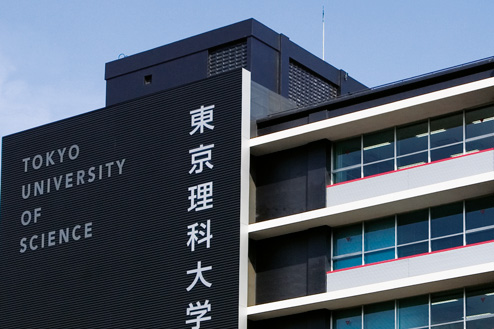Working In Tokyo
With little more than 1% of Japan’s population composed of immigrants, the country’s foreign workers are few in number, but it doesn’t feel that way in Tokyo. There’s a thriving international community and a superb standard of living for foreign workers. Pay levels are comparable to western countries, but taxes are much lower, particularly compared to Europe, and the cost of living is lower than you might think if you’re prepared to adapt a little (it’s at least comparable to that of London and New York).
The largest immigrant groups are from South Korea and China, but the biggest expat communities are the major English-speaking nations: the USA, UK, Canada and Australia. Expats can be broadly divided into three categories: English teachers, business people and a miscellaneous group including IT specialists, recruitment consultants, journalists, teachers and language assistants.
The Anglophone dominance of these sectors isn’t a coincidence, with English universally accepted as the second business language. Few Japanese speak it fluently, but nearly all can understand at least a bit. A native English speaker is sure to find work but any non-natives with poor English are likely to struggle. And then there’s Japanese. Many local firms won’t look at foreigners who don’t have near-fluent Japanese and many recruitment agencies will only take on bilingual job seekers. Japan is a major trading nation so focusing on firms with an international outlook is a good idea.
Also, as the years go by and with a rapidly falling population, there’s a growing shortage of nationals working on home soil. Japan is reluctant to see immigration as the answer, but for the foreigners who do come to work in Japan, the good news is that there are plenty of jobs to be had.
The largest immigrant groups are from South Korea and China, but the biggest expat communities are the major English-speaking nations: the USA, UK, Canada and Australia. Expats can be broadly divided into three categories: English teachers, business people and a miscellaneous group including IT specialists, recruitment consultants, journalists, teachers and language assistants.
The Anglophone dominance of these sectors isn’t a coincidence, with English universally accepted as the second business language. Few Japanese speak it fluently, but nearly all can understand at least a bit. A native English speaker is sure to find work but any non-natives with poor English are likely to struggle. And then there’s Japanese. Many local firms won’t look at foreigners who don’t have near-fluent Japanese and many recruitment agencies will only take on bilingual job seekers. Japan is a major trading nation so focusing on firms with an international outlook is a good idea.
Also, as the years go by and with a rapidly falling population, there’s a growing shortage of nationals working on home soil. Japan is reluctant to see immigration as the answer, but for the foreigners who do come to work in Japan, the good news is that there are plenty of jobs to be had.













